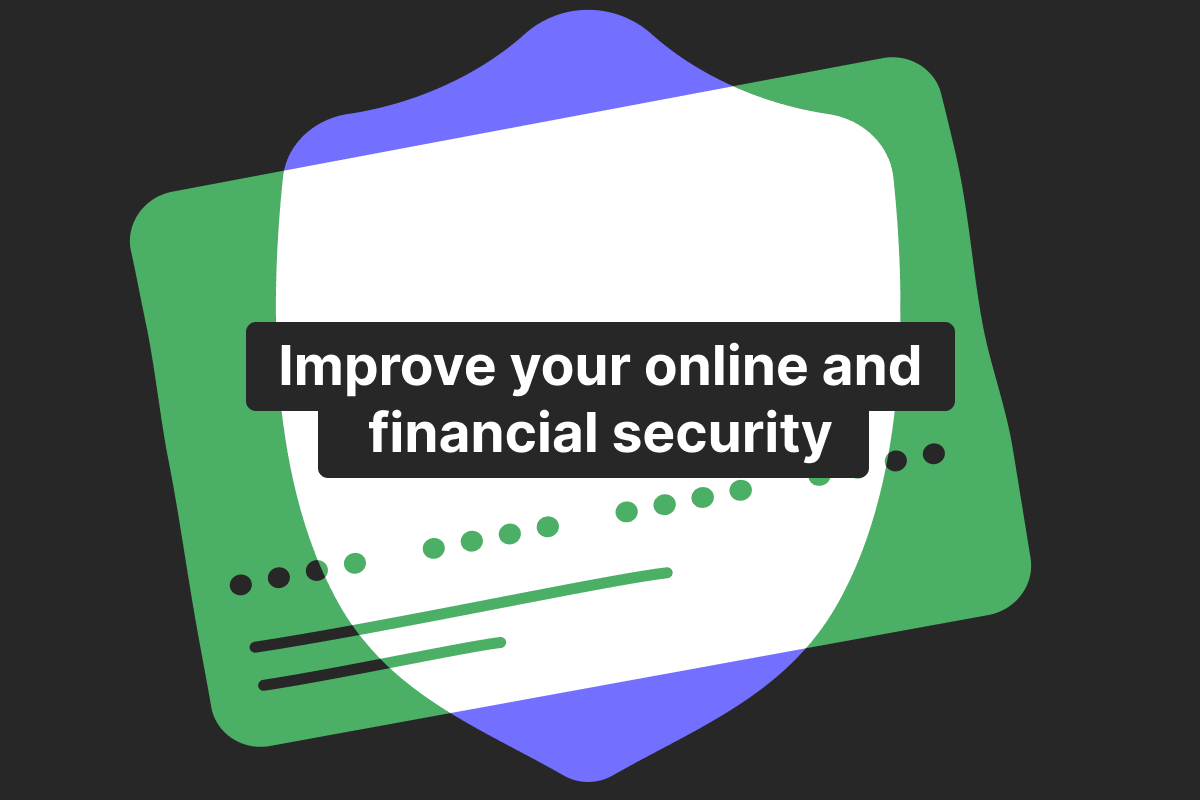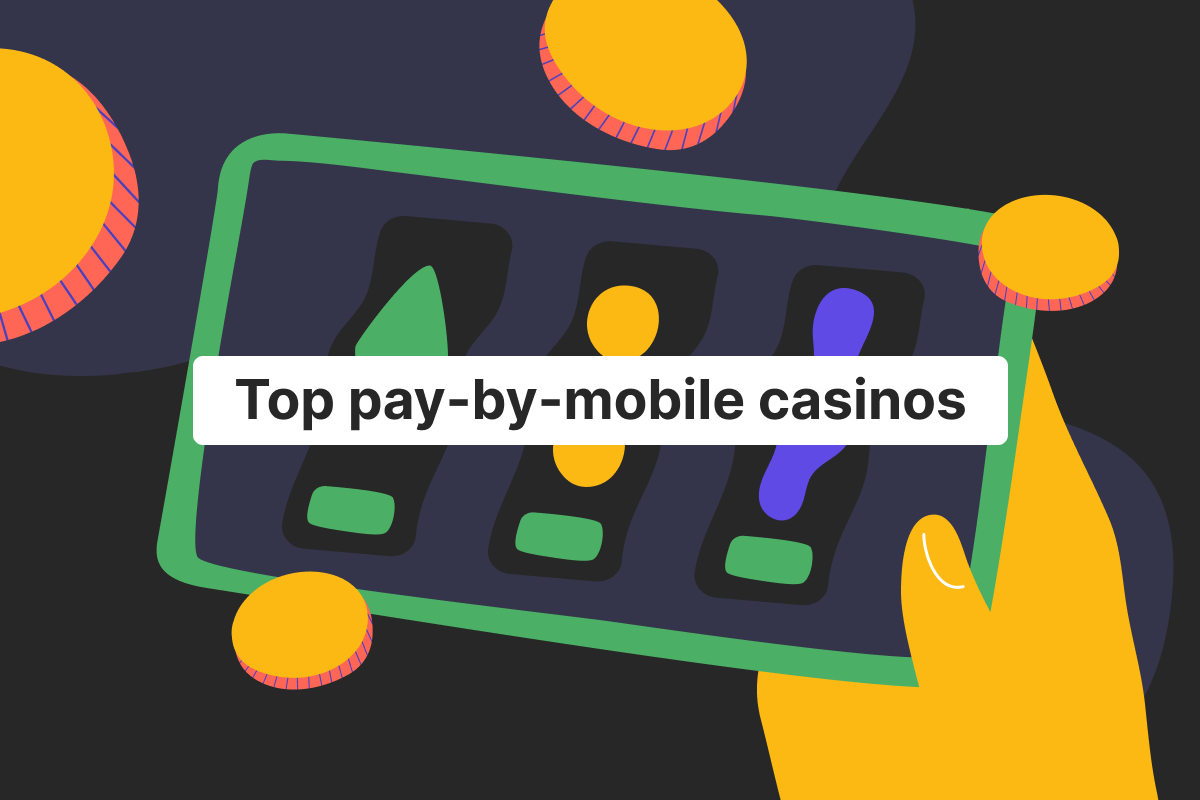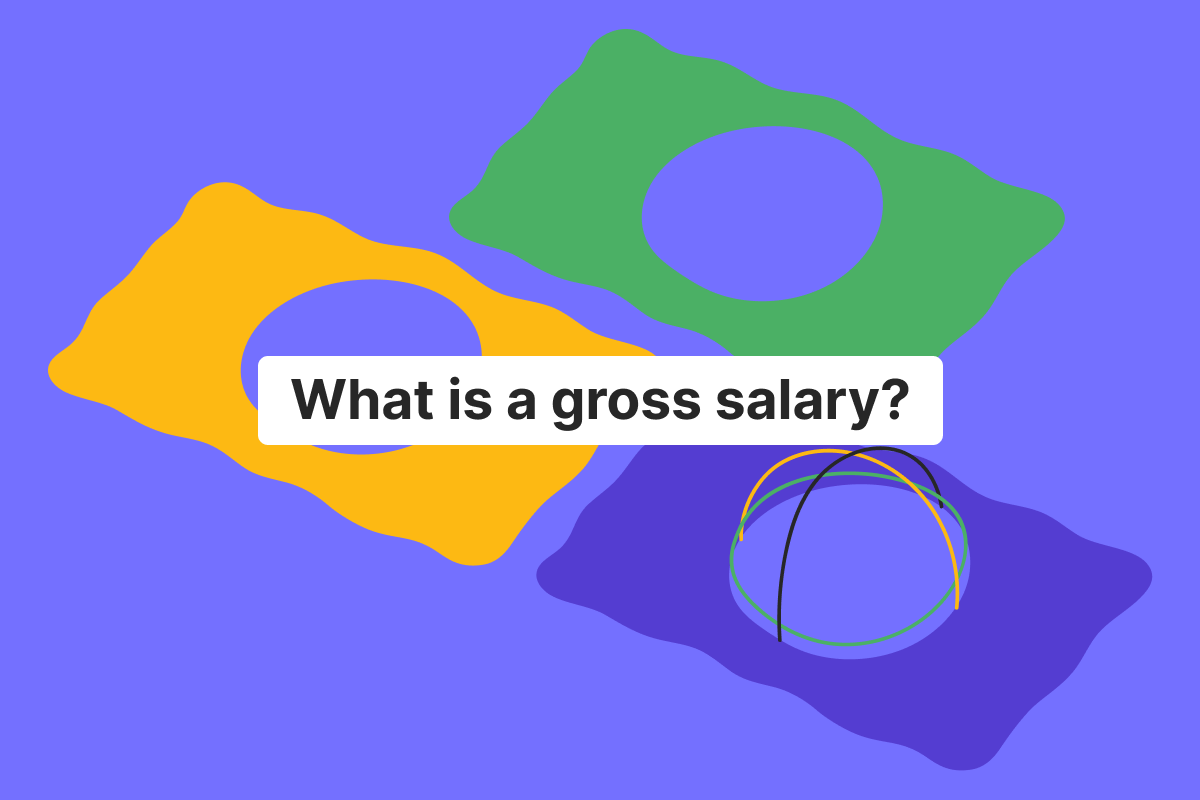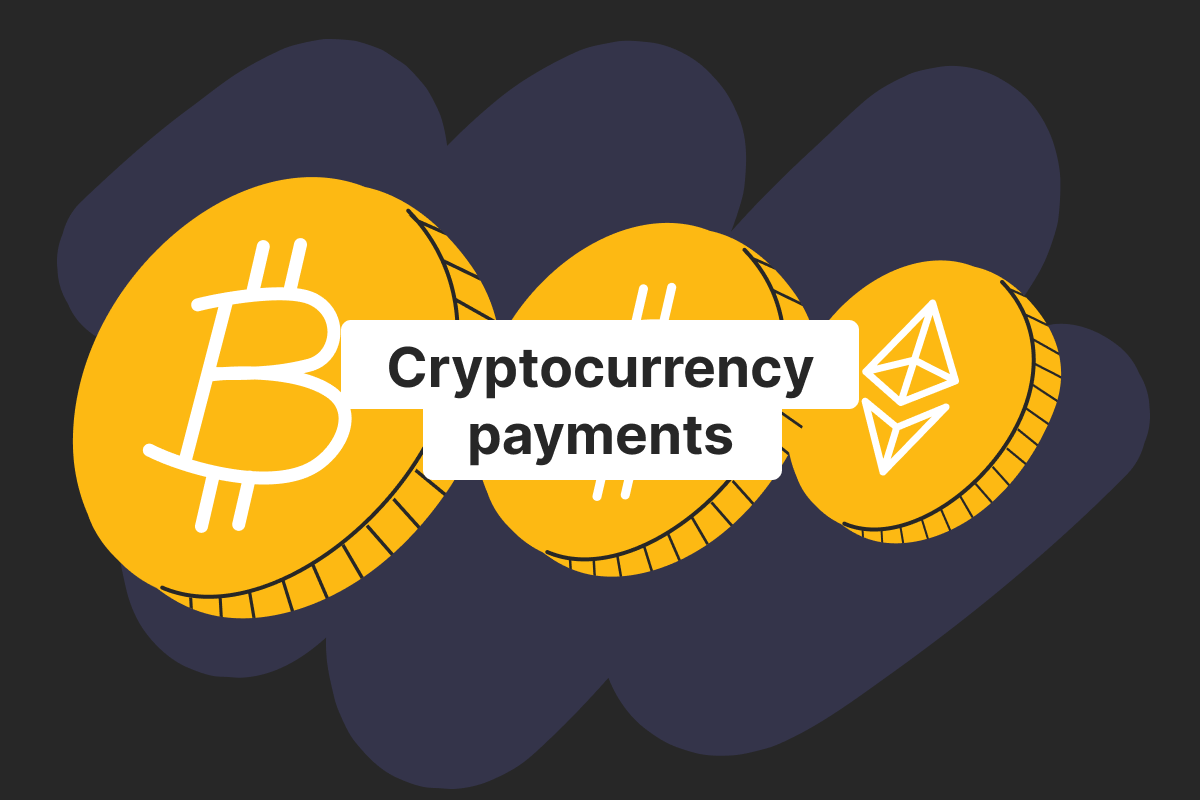Genome Blog / articles / Online banking security: essential tips to protect financial information
Sep. 27, 2023
You know how the saying goes – “better safe than sorry.” This statement can apply to many things in life, including your online banking habits.
Whenever you access any financial services via the internet, you need to be cautious to keep your money and data safe. Genome provided some of the tips on online banking security below.
Financial security tips for using online banking
Before we begin, we want to remind you that the term online banking refers to any financial service, operation, or activity you access with the help of the internet – via a mobile app or web browser. It can be anything – from checking your account statement to sending batch payments.
So, what are the main tips to maintain your online financial security?
Take your passwords seriously
It may sound obvious, but a unique password as a tool to protect your security is still very relevant. And it is our financial security tip number one. The statistics provided by LastPass show that 81% of confirmed data breach incidents online are related to stolen, weak, or reused passwords.
To avoid such unfortunate situations, here’s a couple of financial security tips:
- Don’t use personal information in your password, like the first and last name of yourself or your friends and relatives, pet’s name, or date of birth.
- Try to use a unique password for each of your accounts. If one of the passwords is compromised, other accounts will remain secure.
- Password length will greatly increase your online financial security. It is believed that 8 characters would be enough, but experts recommend making it longer than 16 characters.
- Avoid using common words and phrases because hackers could use the dictionary attack method. During the attack, they compile a so-called dictionary list of the most widely used words and phrases and go through them one by one to hack into a person’s account.
- Use two-factor authentication. It provides an additional layer of security between a malicious actor and your personal information by requiring you to provide a second form of verification, such as a one-time code sent to your mobile device.
Always be vigilant to avoid phishing attempts
Phishing is a common tactic used by cybercriminals to steal financial information when they try to fish out sensitive data from a person via email to access their accounts and finances.
It is one of the reasons why companies usually don’t allow their employees to use personal devices at work.
There are different types of phishing fraud. “Hi! Congratulations! You won a car, go to this website to get it” – is not a trustworthy message you can receive in your email, for example. On the other hand, you can face more sophisticated phishing attempts when scammers craft multiple identities, create websites, and pretend to be your colleagues to confuse you.
Our financial security tip here is that you must be cautious of emails or messages requesting your banking credentials or personal information. Always verify the sender’s authenticity before clicking on any links or sharing sensitive data. Especially avoid clicking on suspicious links or downloading attachments from unknown sources.
Use two-factor authentication whenever possible. Even if a phisher obtains your password, they won’t be able to access your account without the second authentication factor. Also, a credible antivirus would help in this case, as well as other security services for online banking.
Don’t neglect the account management
Vigilance is key to maintaining your online financial security. Regularly monitor your bank account statements and transaction history to quickly detect suspicious or unauthorized activity.
Setting up account alerts for large transactions or unusual account activity can also help you stay informed and take prompt actions if needed.
Avoid using public Wi-Fi networks, which are more vulnerable to breaches. Instead, use a trusted, password-protected home or mobile network for better online financial security. Additionally, secure your devices with passwords, fingerprint lock screens, or facial recognition to prevent unauthorized access in case of loss or theft.
Try to separate your funds to be sure that if one of your bank accounts is breached, not all your money will be stolen.
Don’t rely on public Wi-Fi networks
Public Wi-Fi is bad news if you want to protect your financial information. Due to several inherent vulnerabilities, such networks are unsafe for financial transactions and activities.
For one, public Wi-Fi networks often lack encryption or use weaker forms of encryption, making it easier for cybercriminals to intercept and eavesdrop on data transmitted between your device and the network. This means that any financial information you send over an unsecured Wi-Fi network, such as login credentials or account numbers, can be intercepted and stolen.
Also, public Wi-Fi networks typically do not require any authentication to connect. Thus, anyone within range of the network can access it, including cybercriminals who may be lurking to exploit vulnerabilities.
Multiple users share public Wi-Fi networks. When many people use the same network simultaneously, it becomes easier for criminals to launch attacks like packet sniffing, where they capture data packets traveling across the network.
Especially if hackers set up Wi-Fi hotspots by themselves, they could make rogue replicas with similar names to legitimate public networks. When users unknowingly connect to these networks, malicious actors can intercept and manipulate their internet traffic, potentially capturing sensitive financial data or injecting malware.
Given these security risks, the financial security tip here is to avoid conducting financial transactions or accessing sensitive financial accounts while connected to public Wi-Fi networks.
Instead, use a secure and trusted network, such as your home Wi-Fi or a cellular data connection, when performing online banking, making purchases, or accessing financial accounts. If you must use public Wi-Fi for non-sensitive tasks, consider using a virtual private network (VPN) to encrypt your internet traffic and add an extra layer of security.
Boost your online financial security with Genome
It would be best to use a reliable, secure EMI such as Genome to better protect financial information. We are PCI DSS and PSD2 compliant and provide online personal, business, and merchant accounts.
Access to all our services is protected with two-factor authentication. Sending transfers, as well as other major actions, need to be confirmed with 2FA as well. All your financial operations are recorded and can be easily tracked on your dashboard 24/7.
We also provide a security token for business wallet clients – an additional device to confirm all the outgoing payments, adding an extra layer of security.
FAQ
How can I protect my financial information online?
To protect financial information, use a complicated, unique password, apply two-factor authentication where possible, avoid public Wi-Fi, and use only secure networks. You should also closely monitor your financial accounts.
How can I improve my online banking security?
We believe any of the following tips can help you. Considering that one of the most popular passwords in the world in 2023 is “123456.”, even a decent password would be great. Also, consider using two-factor authentication will highly boost your online financial security in general.
What is the most secure way to do online banking?
The most secure way to do online banking involves implementing a combination of security practices and measures to protect your financial information and accounts.
- Use a secure, private, password-protected network for online banking.
- Come up with strong and unique passwords for your banking applications, as well as two-factor authentication.
- Only visit the official websites and apps of your bank or financial provider.
Following these practices and being vigilant about your online banking security would be enough in most cases. You can significantly reduce the risk of falling victim to online banking fraud and protect your financial information and assets.
How can I improve my mobile banking security?
Use only official apps. After downloading your bank’s mobile app from an App Store or Google Play, check if it is the correct app on your bank’s official website.
Enable biometrics – using fingerprint or facial recognition for mobile banking app access would improve your security drastically. Always update your banking apps and download an antivirus.
What are the security concerns in online banking?
The most common concerns and risks when it comes to online banking security are:
Phishing. Cybercriminals use fake emails or messages to trick users into revealing login credentials or sensitive information.
Data breaches. Banks, financial institutions, and common people can suffer data breaches that expose data to hackers.
Malware and viruses. Malicious software can compromise online banking security.
Man-in-the-middle attacks. Criminals intercept and manipulate communication between users and their banks.
There are also mobile banking risks, as the banking apps can be vulnerable if not properly secured.
To mitigate these concerns, follow best practices for online banking security as mentioned in the previous answers.





